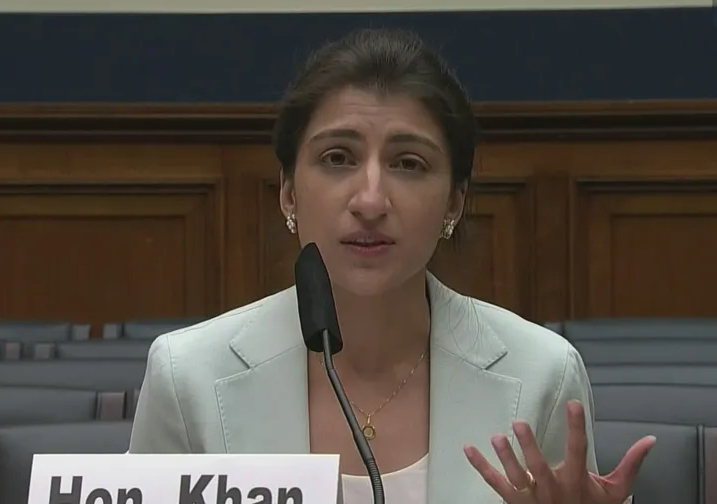Earlier this week, I posted on the blog about a hospital CFO touting his hospital system’s monopoly power as a way to extract profitable reimbursement from the insurers in the area. This is a dim reality in the U.S. health care system that is dominated by hospital monopolies.
Some of the hospitals are “for profit,” yet some are state-owned or “non-profit.” However, some hospitals with the “non-profit” tax designation today do not exactly resemble organizations which carry out the community benefits required by the government to be considered “non-profit.” I want to share an article recently published by Pro Publica, which details some of the inner workings of large “non-profit” hospital systems (hint: it’s not good for patients).
This story is about non-profit hospitals aggressively going after low-income patients for unpaid medical bills, even going as far as to sue them and garnish wages. Here is an example from Memphis Tennessee:
In July 2007, Carrie Barrett went to the emergency room at Methodist University Hospital, complaining of shortness of breath and tightness in her chest. Her leg was swollen, she’d later recall, and her toes were turning black.
Given her family history, high blood pressure and newly diagnosed congestive heart failure, doctors performed a heart catheterization, threading a long tube through her groin and into her heart.
Her share of the two-night stay: $12,109.
Barrett, who has never made more than $12 an hour, doesn’t remember getting any notices to pay from the hospital. But in 2010, Methodist Le Bonheur Healthcare sued her for the unpaid medical bills, plus attorney’s fees and court costs.
Since then, the nonprofit hospital system affiliated with the United Methodist Church has doggedly pursued her, adding interest to the debt seven times and garnishing money from her paycheck on 15 occasions.
Barrett, 63, now owes about $33,000, more than twice what she earned last year, according to her tax return.
The story reports that nearly 1 in 4 residents live below the poverty line in the city where Methodist is located. It’s one thing to have a debt and not pay it. It’s another situation where you have very little, to begin with, and become a victim of a broken healthcare system in which large, wealthy hospitals prey on patients like Ms. Barrett. More from the story:
Methodist filed more than 8,300 lawsuits, compared with more than 6,700 filed by competitor Baptist Memorial Health Care and just over 1,900 by Regional One Health, the county’s public hospital. St. Jude Children’s Research Hospital, also headquartered in Memphis, doesn’t bill families for care not covered by insurance.
With $2.1 billion in revenue and a health system that includes six hospitals, Methodist leads the market: In 2017, it had the most discharges per year and profits per patient, according to publicly available data analyzed by Definitive Healthcare, an analytics company. Methodist says it has “a hospital in all four quadrants of the greater Memphis area, unparalleled by any other healthcare provider in our region,” plus more than 150 outpatient centers, clinics and physician practices.
Its handling of poor patients begins with a financial assistance policy that, unlike many of its peers around the country, all but ignores patients with any form of health insurance, no matter their out-of-pocket costs. If they are unable to afford their bills, patients then face what experts say is rare: A licensed collection agency owned by the hospital.
Lawsuits follow. Finally, after the hospital wins a judgment, it repeatedly tries to garnish patients’ wages, which it does in a far higher share of cases than other nonprofit hospitals in Memphis.
Its own employees are no exception. Since 2014, Methodist has sued dozens of its workers for unpaid medical bills, including a hospital housekeeper sued in 2017 for more than $23,000. That year, she told the court, she made $16,000. She’s in a court-ordered payment plan, but in the case of more than 70 other employees, Methodist has garnished the wages it pays them to recoup its medical charges.
Nonprofit hospitals are generally exempt from local, state and federal taxes. In return, the federal government expects them to provide a significant community benefit, including charity care and financial assistance.
Does this seem like proper behavior from an entity which receives tax benefits from the state and federal government?
Read the full story here.


